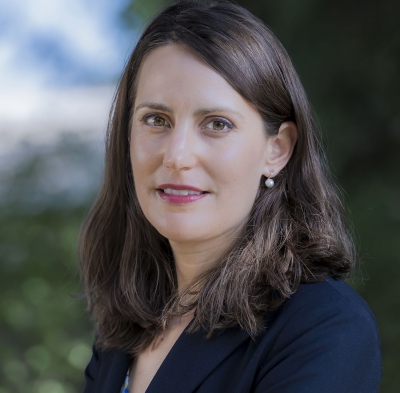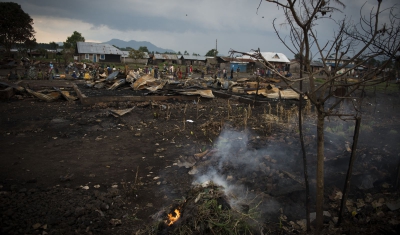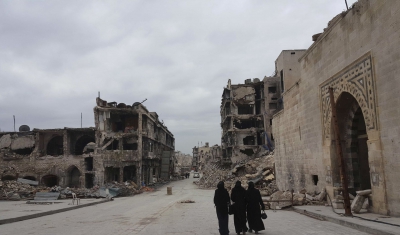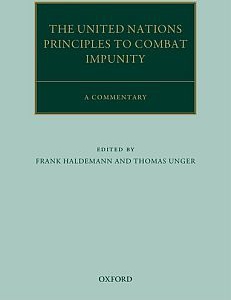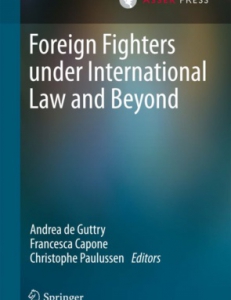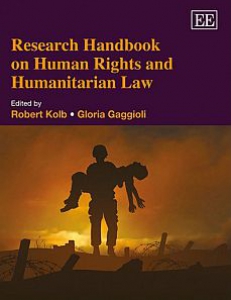Dr Sandra Krähenmann is Deputy Head of Policy, Programmes and Legal at Geneva Call.
She conducts legal research on the impact of counter-terrorism on human rights law and international humanitarian law, during the last two years with a particular focus on measures to stem the so-called foreign fighter phenomenon. She has written a series of articles on these topics and is currently co-authoring a book on the protection of human rights in times of terror and conflicts.
Previously, Sandra Krähenmann was a Senior Research Fellow at the Geneva Academy, where, amongst others, she was the lead researcher for the RULAC project, a website that analyses whether or not situations of armed violence amount to an armed conflict under international humanitarian law.
Before joining the Geneva Academy, Sandra Krähenmann worked for the Swiss Ministry of Defense, as a consultant for various NGOs and as a teaching assistant at the University of Geneva.
She holds a PhD in international law from the Graduate Institute of International and Development Studies in Geneva.


